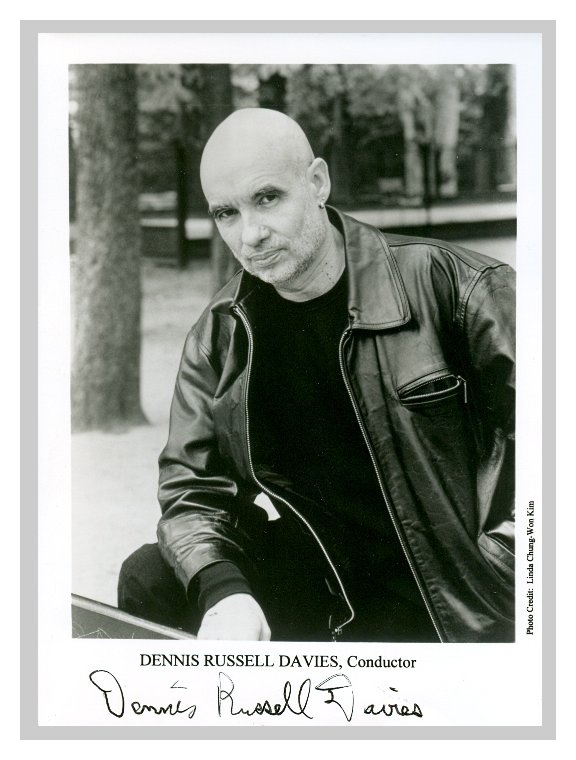

| A masterful and innovative force
in classical music, Dennis Russell Davies is considered among today’s
most inventive conductors at the forefront of the orchestral, chamber and
operatic worlds. A modern, articulate and versatile artist revered for his
command of both traditional and contemporary music, he is also recognized
as an accomplished pianist and as an acclaimed collaborator, sought out by
orchestras, composers and artists alike for his interpretive skills. Davies has lived abroad since 1980, but maintains an active presence on the North American music scene as a regular guest conductor with the major orchestras and opera houses of New York and Chicago. In addition to his ongoing duties as Chief Conductor of the Stuttgart Chamber Orchestra and Professor of Orchestral Conducting at the Salzburg Mozarteum, Davies is Chief Conductor and Music Director of the Bruckner Orchestra Linz and Chief Conductor of the Linz Opera. In January 2002, he was appointed to a 5-year term to the Board of Directors of the esteemed Fromm Music Foundation at Harvard University. A champion of contemporary music, his support of modern works, particularly American, is legendary. His close personal friendships with some of the 20th and 21st century’s greatest composers, including Luciano Berio, William Bolcom, John Cage, Philip Glass, Lou Harrison, Hans Werner Henze, Francis Thorne (with whom he formed American Composers Orchestra), and Isang Yun, have been an important catalyst for enriching concert and operatic repertory around the globe. Recently, Davies concluded his tenures as Chief Conductor of the Vienna Radio Symphony Orchestra (1996-2002), and as Music Director of the pre-eminent American Composers Orchestra (1975-2002). He continues his affiliation with American Composers Orchestra as Conductor Laureate. He has had successful tenures as the General Music Director of the City of Bonn (Germany), Principal Conductor/Classical Music Program Director of the Philadelphia Orchestra at the Saratoga Performing Arts Center, Principal Conductor of the Brooklyn Philharmonic, Music Director of the St. Paul Chamber Orchestra (1972-1980), and Music Director of the Cabrillo Music Festival in Santa Cruz, California. In addition to his North American orchestral guest conducting appearances, Davies has guest conducted some of the most prestigious orchestras in Europe including the Berlin Philharmonic, Munich Philharmonic, Gewandhaus Orchestra, and the Orchestre de la Suisse Romande. Dennis Russell Davies was born in Toledo, Ohio on April 16, 1944, and graduated from the Juilliard School where he studied piano with Lonny Epstein and Sasha Gorodnitski and conducting with Jean Morel and Jorge Mester. Bio adapted from the American Composers
Orchestra website, dated September 5, 2003
Throughout this webpage, names which are links refer to my interviews elsewhere on this website. BD |
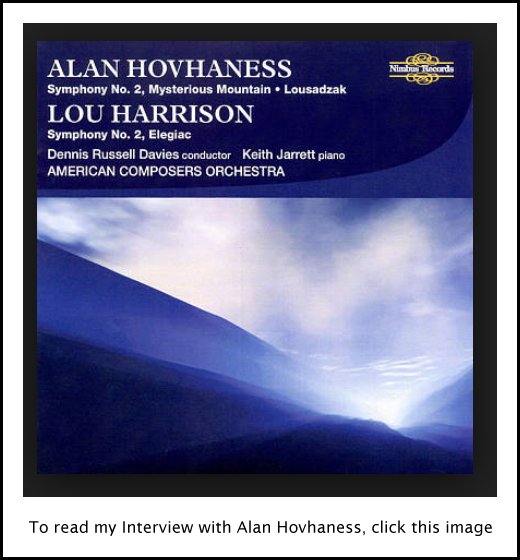 DRD: I’m the music director at Stuttgart Opera.
This is my second season.
DRD: I’m the music director at Stuttgart Opera.
This is my second season.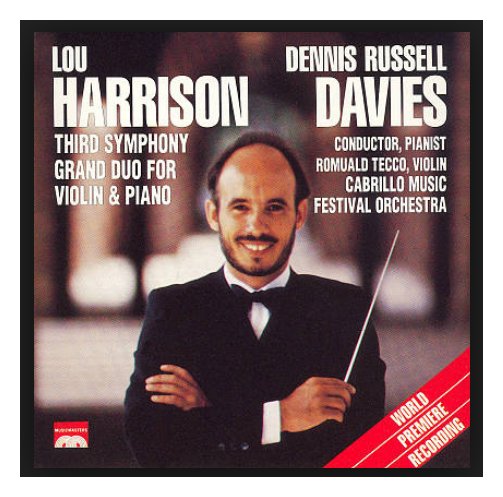 BD: Was it Schippers? I know Maazel was very
young when he went there in the sixties. [Note: Schippers and Maazel were born three days
apart in March of 1930. Maazel first conducted Lohengrin at Bayreuth in 1960, and Schippers led Meistersinger in 1963. (This date is correct, despite
a later date in some sources.) Davies was born in 1944 and his Flying
Dutchman at Bayreuth was in 1978.]
BD: Was it Schippers? I know Maazel was very
young when he went there in the sixties. [Note: Schippers and Maazel were born three days
apart in March of 1930. Maazel first conducted Lohengrin at Bayreuth in 1960, and Schippers led Meistersinger in 1963. (This date is correct, despite
a later date in some sources.) Davies was born in 1944 and his Flying
Dutchman at Bayreuth was in 1978.]
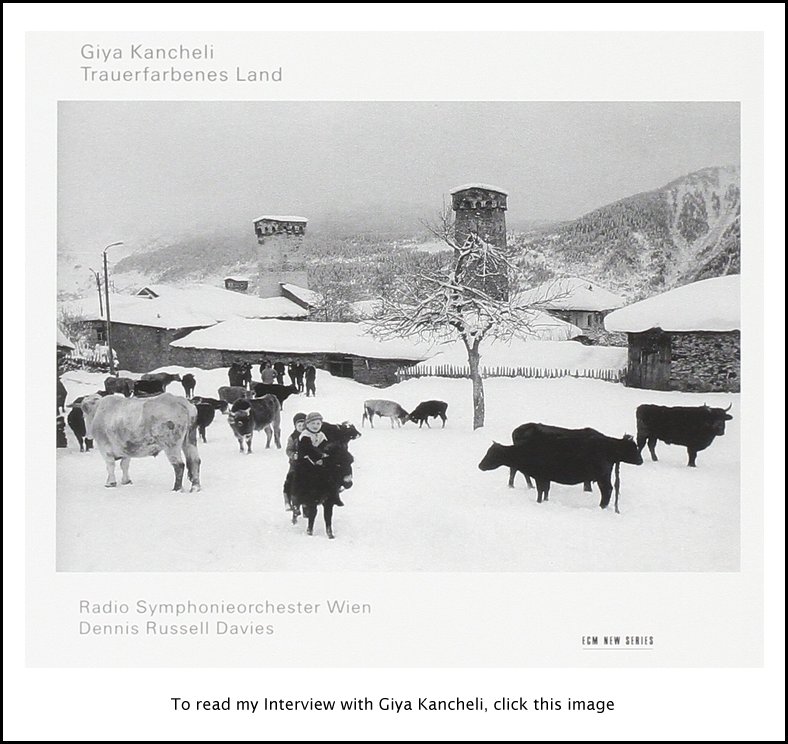 BD: But you’d have to readjust, as in any other
theater?
BD: But you’d have to readjust, as in any other
theater?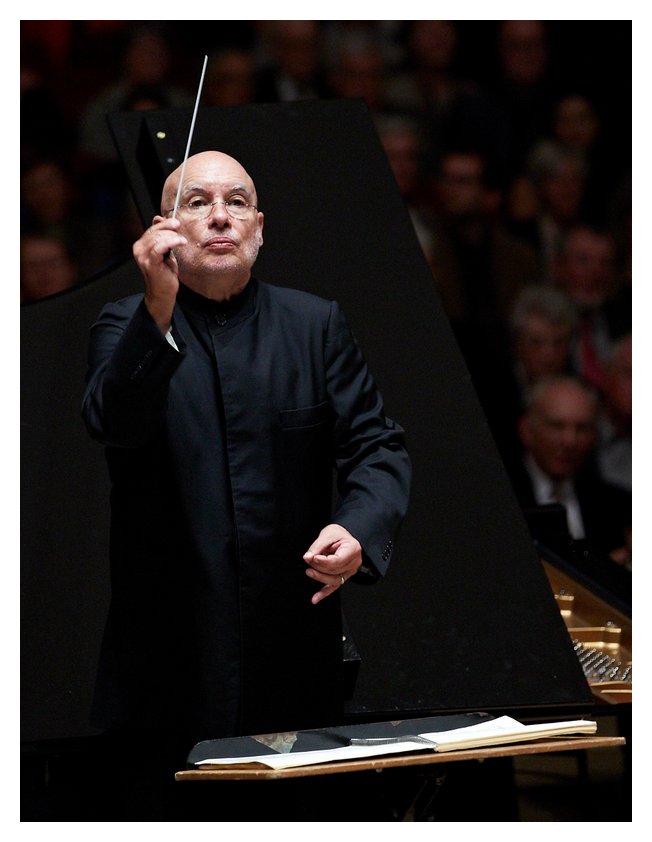 BD: Then they each have to sit out in the house
and listen?
BD: Then they each have to sit out in the house
and listen?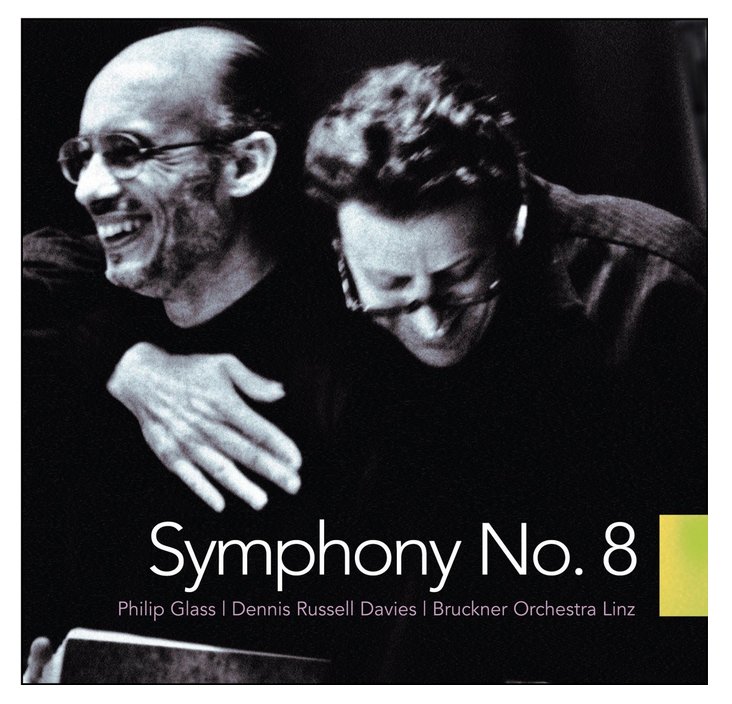 DRD: I’ve nudged some things into the repertory
already. The first new production this season was the Philip Glass
opera, Satyagraha, which we did
on our own production. It’s a new kind of theater and a new kind of
music. It’s a music that has a very strong appeal, especially to young
people and to a lot of theater people, and to a lot of people who don’t know
music very well.
DRD: I’ve nudged some things into the repertory
already. The first new production this season was the Philip Glass
opera, Satyagraha, which we did
on our own production. It’s a new kind of theater and a new kind of
music. It’s a music that has a very strong appeal, especially to young
people and to a lot of theater people, and to a lot of people who don’t know
music very well.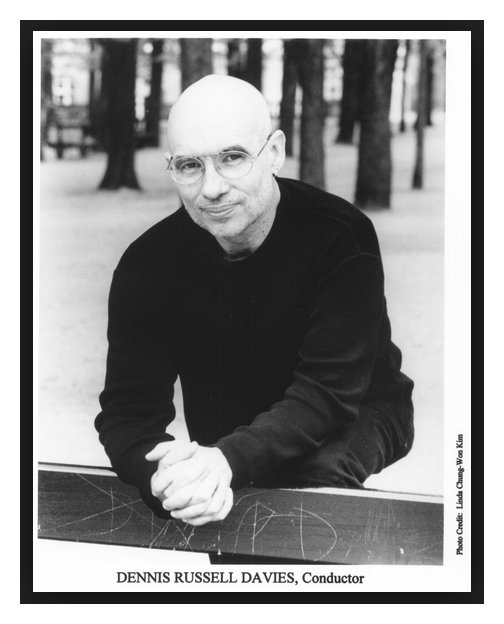 DRD: I think, for instance, when Virgil Thomson
was writing, he made it very clear, and I’ve met some other people who’ve
made it clear over the years. One of the difficulties I have with today’s
reporting in general, is that so much time and space, air time and ink, is
given to music as a re-creative art, and not enough time is spent with it
as a creative art. For those young artists who are starting out in
concert careers, they learn very quickly that if they play a new piece, they
can first of all be quickly stereotyped as a player of new music. Second,
there’ll be a rather superficial account of the piece itself, with nothing
said about the performance. Whereas if they play, yet again, the Chopin
Second Piano Concerto, there’ll be
columns and columns.
DRD: I think, for instance, when Virgil Thomson
was writing, he made it very clear, and I’ve met some other people who’ve
made it clear over the years. One of the difficulties I have with today’s
reporting in general, is that so much time and space, air time and ink, is
given to music as a re-creative art, and not enough time is spent with it
as a creative art. For those young artists who are starting out in
concert careers, they learn very quickly that if they play a new piece, they
can first of all be quickly stereotyped as a player of new music. Second,
there’ll be a rather superficial account of the piece itself, with nothing
said about the performance. Whereas if they play, yet again, the Chopin
Second Piano Concerto, there’ll be
columns and columns.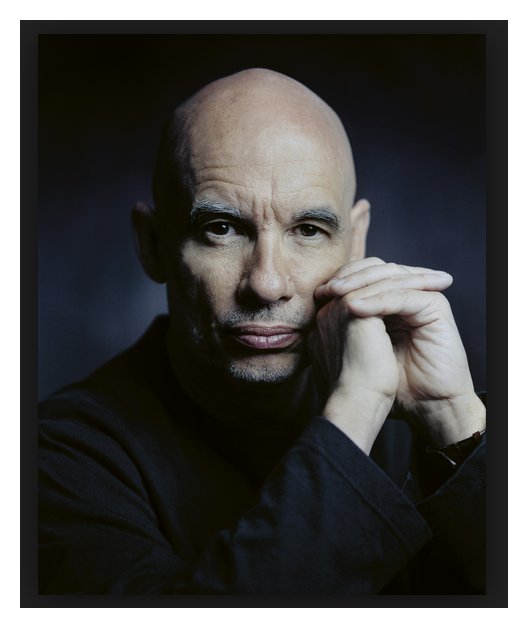 DRD: When enough people realize that it has to
be paid for. It has to be paid for in a different way. I really
think in ten or twenty years that there’ll be massive social subsidies for
activities like opera because it’s important to lots of people, and the potential
audience for it is huge.
DRD: When enough people realize that it has to
be paid for. It has to be paid for in a different way. I really
think in ten or twenty years that there’ll be massive social subsidies for
activities like opera because it’s important to lots of people, and the potential
audience for it is huge.Dennis Russell Davies conducting at Lyric Opera
of Chicago
1987-88 Lulu with Malfitano, Trussell, Braun,
Lear, Foldi; Ljubimov
1992-93 [World Premiere] McTeague (Bolcom) with Heppner, Malfitano, Nolen, Golden; Altman 1994-95 Rake’s Progress with Hadley, Swensen, Ramey, Palmer; Vick 1996-97 Un re in ascolto (Berio) with Lafont, Begley, Desderi, Woods, Golden, Harries; Vick 1997-98 Amistad (Davis) with Young, Doss, Quivar, Jones; Wolfe 1999-2000 [World Premiere] A View from the Bridge (Bolcom) with Malfitano, Josephson, Rambaldi, Nolen; Galati 2004-05 [World Premiere] A Wedding (Bolcom) with Malfitano, Hadley, Doss, Harries, Flannigan, Lawrence, Nolen, Cangelosi; Altman |
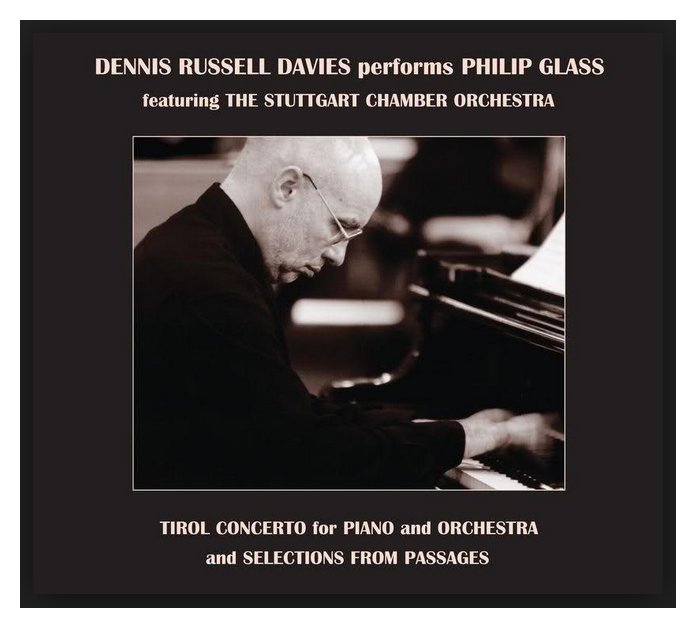 DRD: Certain works that speak to me that perhaps
would speak to someone else and vice versa. But there’s a general
consensus about certain composers and certain ways of expression in music
that have struck a responsive chord, and people want to hear that.
It means something. If I could define it, I’d probably try to do it.
DRD: Certain works that speak to me that perhaps
would speak to someone else and vice versa. But there’s a general
consensus about certain composers and certain ways of expression in music
that have struck a responsive chord, and people want to hear that.
It means something. If I could define it, I’d probably try to do it.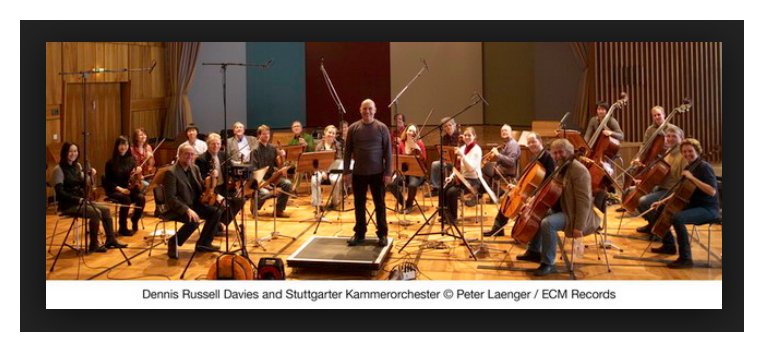
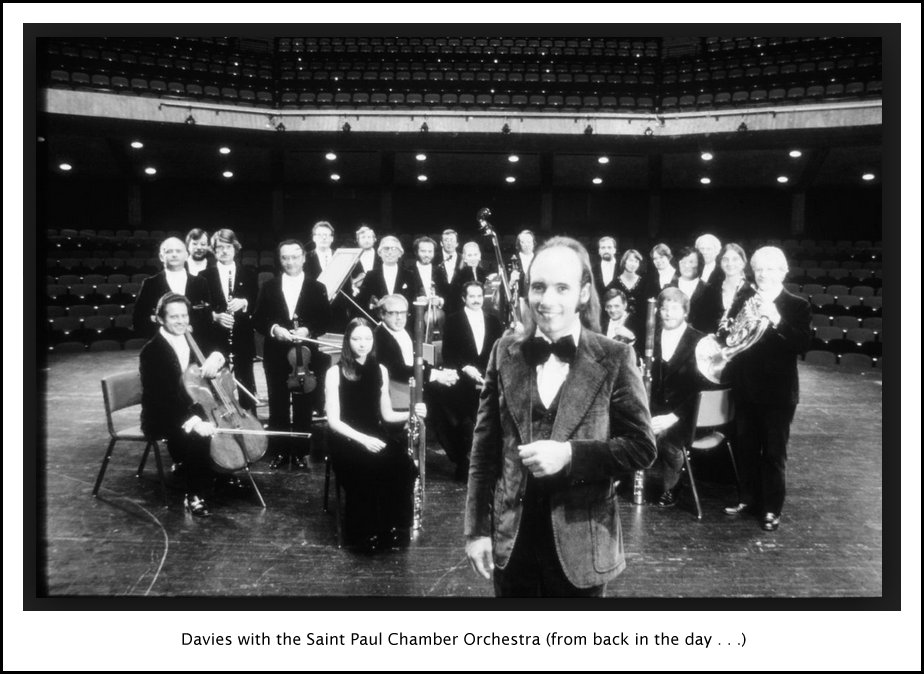
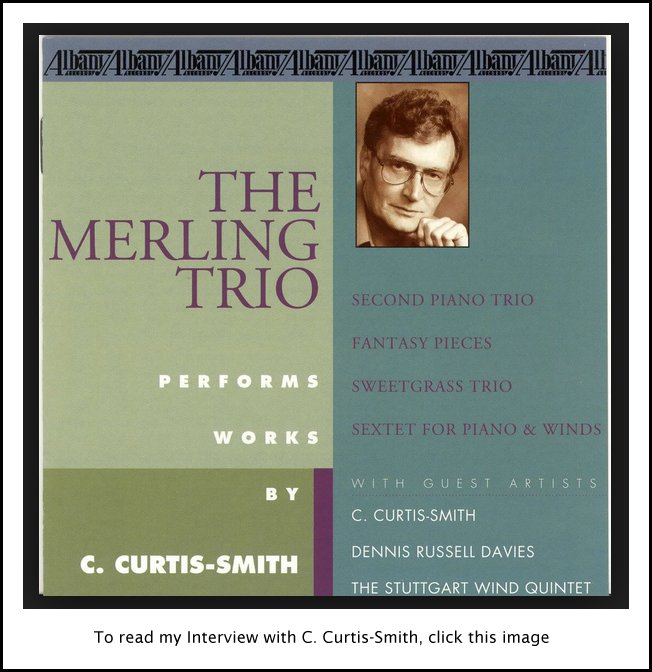 BD: You’re the Music Director in Bonn.
Being an American, are you going to try to get a few American pieces played
every year?
BD: You’re the Music Director in Bonn.
Being an American, are you going to try to get a few American pieces played
every year?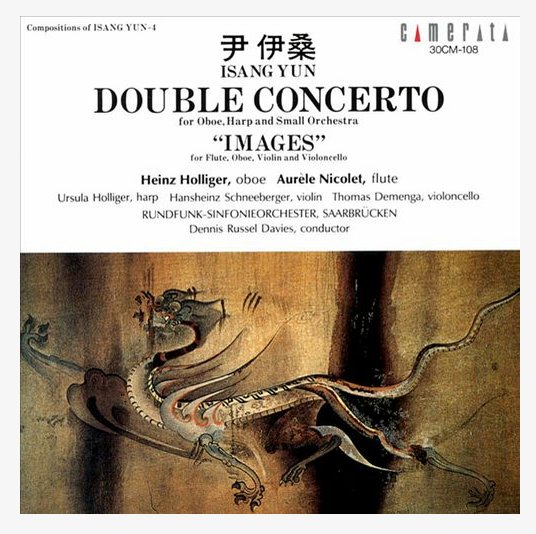 BD: This past summer you had a wonderful experience
with Isang Yun. [My interview with
Yun took place during this time at the home of Lou Harrison, and Davies provided
the translation for us between German and English.] Tell me about
working with his music and having him there.
BD: This past summer you had a wonderful experience
with Isang Yun. [My interview with
Yun took place during this time at the home of Lou Harrison, and Davies provided
the translation for us between German and English.] Tell me about
working with his music and having him there.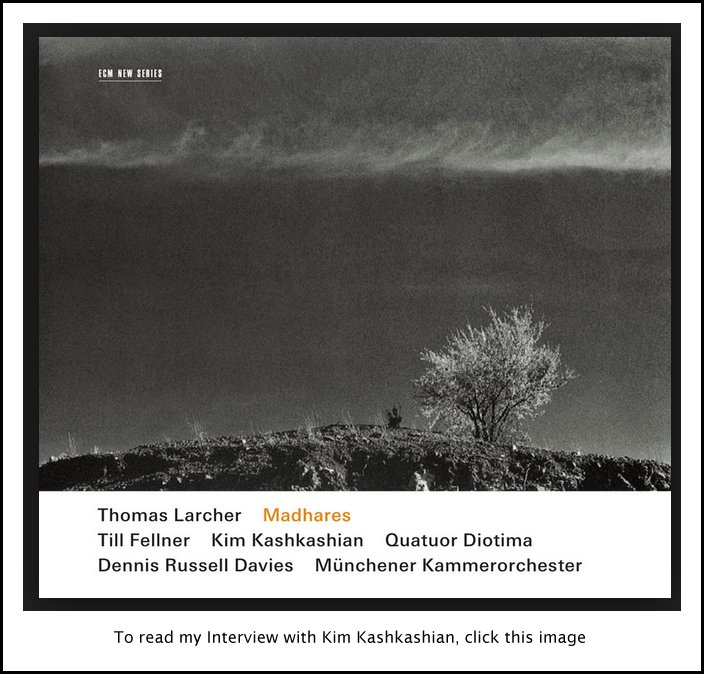 DRD: Certainly not; not if you know how to
sing. One of the problems with certain new pieces is that many of the
newer works — such as Lulu and Wozzeck — suffered from having people
who had already lost a great deal of the quality in their voices, and took
on these works because they could still bring to the dramatic things that
were needed.
DRD: Certainly not; not if you know how to
sing. One of the problems with certain new pieces is that many of the
newer works — such as Lulu and Wozzeck — suffered from having people
who had already lost a great deal of the quality in their voices, and took
on these works because they could still bring to the dramatic things that
were needed.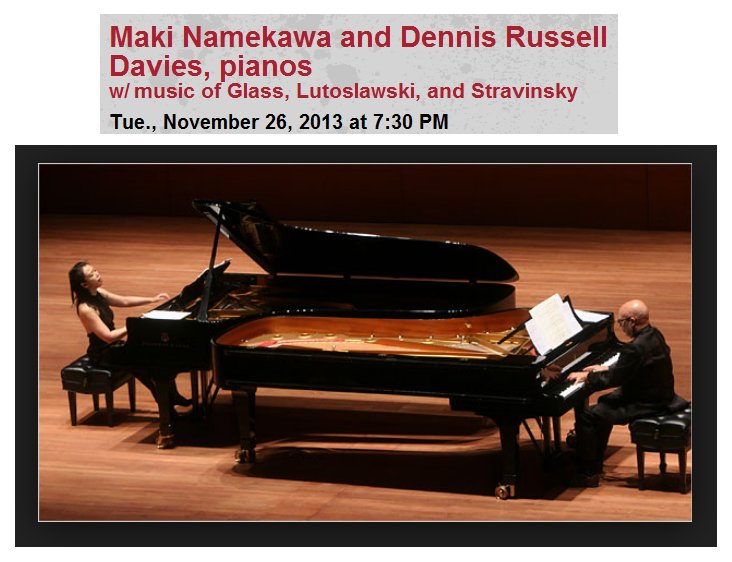
© 1982 & 1987 Bruce Duffie
These conversations were recorded in Chicago on January 6, 1982, and
December 8, 1987. Portions were broadcast on WNIB in 1986, 1988, 1989,
1991, 1994 and 1999, and on WNUR in 2005 and 2013. A copy of the unedited
audio of the second conversation was given to the Archive of Contemporary Music at Northwestern Univeristy, and audio copies
of both have been placed in the Oral History
of American Music project at Yale University. Davies was also
the translator for my Interview with composer Isang Yun. This transcription
was made in 2015, and posted on this website at that time.
To see a full list (with links) of interviews which have been transcribed and posted on this website, click here. To read my thoughts on editing these interviews for print, as well as a few other interesting observations, click here.
Award - winning broadcaster Bruce Duffie was with WNIB, Classical 97 in Chicago from 1975 until its final moment as a classical station in February of 2001. His interviews have also appeared in various magazines and journals since 1980, and he now continues his broadcast series on WNUR-FM, as well as on Contemporary Classical Internet Radio.
You are invited to visit his website for more information about his work, including selected transcripts of other interviews, plus a full list of his guests. He would also like to call your attention to the photos and information about his grandfather, who was a pioneer in the automotive field more than a century ago. You may also send him E-Mail with comments, questions and suggestions.